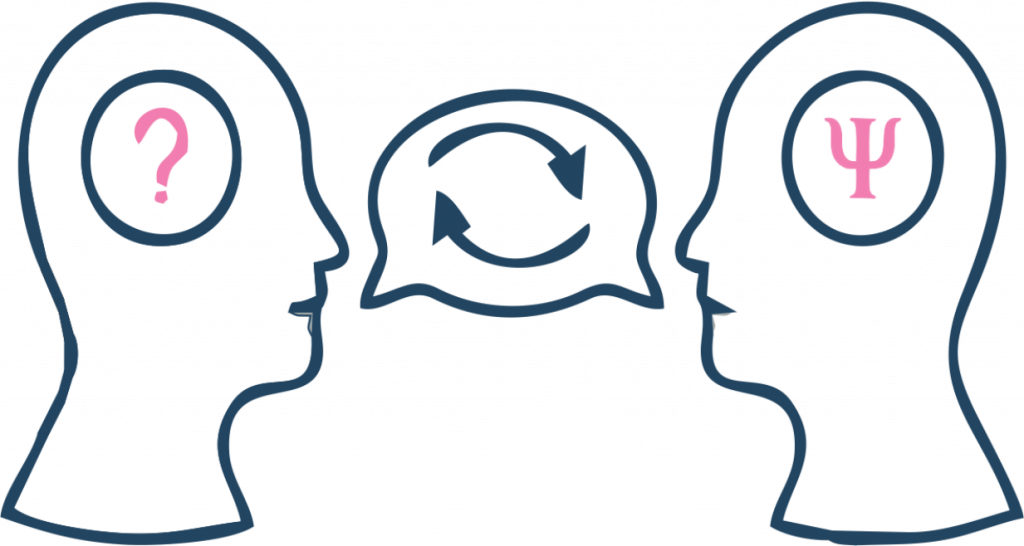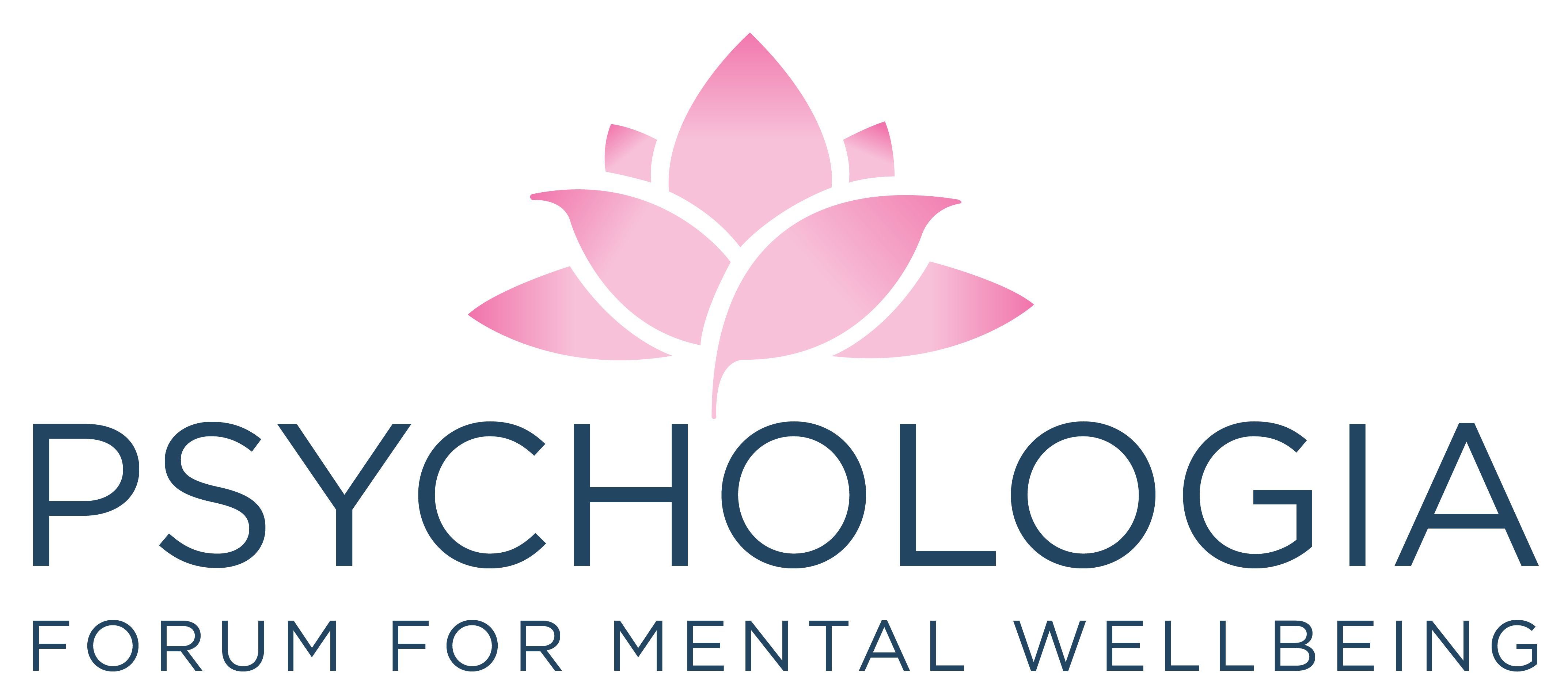Individual Therapy
Individual Therapy is a joint process between a therapist and a person in therapy. Common goals of therapy can be to inspire change or improve quality of life. People may seek therapy for help with issues that are hard to face alone. Individual therapy is also called therapy, psychotherapy, psychosocial therapy, talk therapy, and counseling.
Therapy can help people overcome obstacles to their well-being. It can increase positive feelings, such as compassion and self-esteem. People in therapy can learn skills for handling difficult situations, making healthy decisions, and reaching goals. Many find they enjoy the therapeutic journey of becoming more self-aware. Some people even go to ongoing therapy for self-growth.

Couple and Family Therapy
Couples and Family therapy is a type of psychotherapy that focuses on improving your communication and conflict-resolution skills.
The truth is personal and family relationships can be both fulfilling and challenging. Therefore, the more you understand yourself – your emotions and behaviors – the better you can communicate with loved ones (including your spouse), manage your stress, and effectively function in your daily life.
Truth-be-told, marriage is one of the most monumental relationships you will ever have in your life. But, it’s important to be realistic. Every marriage will have its “ups and downs” and “highs and lows.” That is normal.
During the “highs,” you and your partner will feel connected, in love, and passionate about each other. However, during the “lows,” one or both of you may feel cold, indifferent, distant, and/or hostile towards the other. You may argue so much that you contemplate separating or divorcing. For some, this stage only lasts a few weeks, but for others, it can last for years.

Group Therapy and Support Groups
Group therapy and support groups are a form of psychotherapy that involves one or more therapists working with several people at the same time. Hearing from others with similar issues helps you see that you’re not alone in having challenges. You get a wider range of perspectives on your situation, which consequently helps you in dealing with your problems better. Success stories or achievement stories from members in the group can inspire in overcoming struggles. Support Groups for Substance Use, Anxiety, Panic Attacks, for Caregivers of Mentally ill patients, Survivors of Sexual Abuse, Women undergoing, Menopause, Patients suffering from terminal illness are some areas we are open to forming support groups or organise group therapies for.

